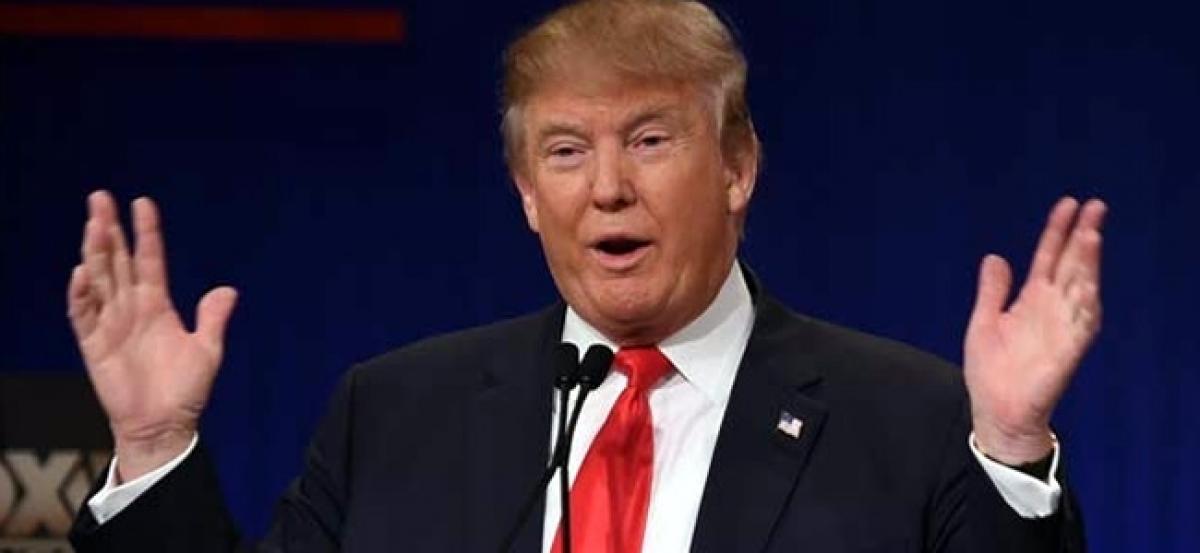Live
- MyVoice: Views of our readers 17th November 2024
- Congress dares Kishan to bathe in Musi
- Kishan launches Musi Nidra programme
- ‘Yuva Utsav-2024’ commences
- Fire safety drill held at Secretariat
- Meru Srujan 2024: A Spectacular Celebration of Talent and Culture
- Representatives of VIDASAM demand resignation of YSRCP MLAs
- Police grill BRS leader Jaipal Yadav
- Revanth sells 6Gs to woo voters in Maharashtra
- Cong govt striking balance between welfare, devpt
Just In

President Donald Trump has proposed zero aid to the Tibetans in 2018, reversing the decades-old US policy of providing financial help to the community to safeguard their distinct identity under the Chinese rule.
President Donald Trump has proposed zero aid to the Tibetans in 2018, reversing the decades-old US policy of providing financial help to the community to safeguard their distinct identity under the Chinese rule.
The State Department, which sent the detailed proposal to the Congress as part of Trump's maiden annual budget, described the move as one of the "tough choices" that it had to make as its budget itself has been slashed by more than 28 per cent.
The Trump administration now wants other countries to jump in to help the Tibetan community. Leaders of the Tibetan community in the US refrained from commenting on the Trump administration's move, saying they are still reading the budget papers. At the same time, they observed that majority of the assistance to the Tibetan people, including for Tibet, so far have been Congressionally- driven.
The president of the Central Tibetan Administration (CTA) Lobsang Sangay had said on Wednesday in Washington that the Chinese government "is hell bent upon the destruction of Buddhism in China".
Beijing views the 14th Dalai Lama as a "separatist" working to split Tibet from China. During the 1959 Tibetan uprising against Communist rule, the Dalai Lama fled to India. The State Department, in its budgetary proposal for the fiscal year 2018 beginning October 1, have removed the decades-old Tibet Fund and has proposed zero dollars against Ngwang Choephel Fellows. Both the categories in 2017 and 2016 had accounted for more than a million dollars.
However, the State Department in its footnote of the budget, said that Special Academic Exchanges, whose budgetary allocation has been reduced from more than USD 14.7 million in 2017 to just USD 7 million for 2018, would include funding for programmes such as the Benjamin A Gilman International Scholarship Program, Mobility (Disability) Exchanges, and the Tibet Fund.
"As we work to streamline efforts to ensure efficiency and effectiveness of US taxpayers' dollars, we acknowledge that we have to prioritise and make some tough choices," a State Department official told.

© 2024 Hyderabad Media House Limited/The Hans India. All rights reserved. Powered by hocalwire.com







